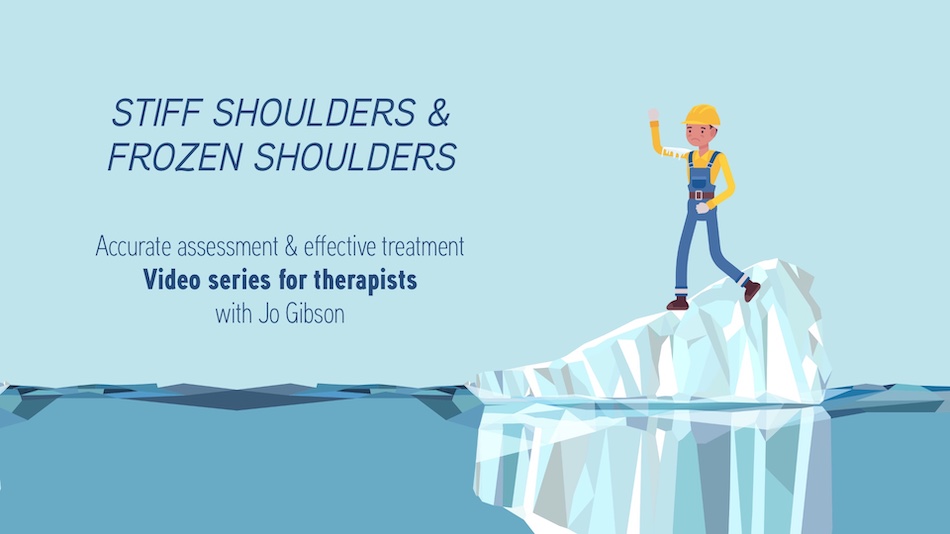Tue, 17 August 2021
Patients may develop stiffness following rotator cuff repair or other shoulder surgery, particularly with longer periods of immobilisation. On the other hand, some patients may fail rehab without sufficient immobilisation. How can you identify which patients are likely to develop stiffness and will benefit from early mobilisation? Find out in this podcast with Jo Gibson (Clinical Physiotherapy Specialist), and discover:
Free video series “Frozen shoulder assessment & treatment” with Jo GibsonShoulder: Steps to Success online course with Jo GibsonImprove your assessment and treatment of shoulder pain with the Shoulder: Steps to Success online course with Jo Gibson, now available for enrolment at clinicaledge.co/shouldersuccess Links associated with this episode:
Direct download: 128._Postoperative_shoulders_-_can_we_predict_who_gets_stiff_Physio_Edge_Shoulder_success_podcast_with_Jo_Gibson.mp3
Category:general -- posted at: 6:56pm AEST |
Physio Edge podcast

Categories
generalArchives
AprilMarch
February
August
June
May
April
March
February
November
October
July
April
March
February
December
August
July
April
March
February
December
October
September
June
May
April
March
February
January
December
October
August
June
May
April
March
January
December
October
September
August
July
June
May
February
January
December
November
October
August
June
May
April
March
February
November
October
September
August
June
May
April
March
February
November
September
August
July
June
April
March
February
January
December
October
July
June
May
March
December
September
August
June
April
December
September
August
June
April
February
January
December
November
October
September
August
| S | M | T | W | T | F | S |
|---|---|---|---|---|---|---|
| 1 | 2 | 3 | 4 | 5 | 6 | 7 |
| 8 | 9 | 10 | 11 | 12 | 13 | 14 |
| 15 | 16 | 17 | 18 | 19 | 20 | 21 |
| 22 | 23 | 24 | 25 | 26 | 27 | 28 |
| 29 | 30 | 31 | ||||
Syndication






